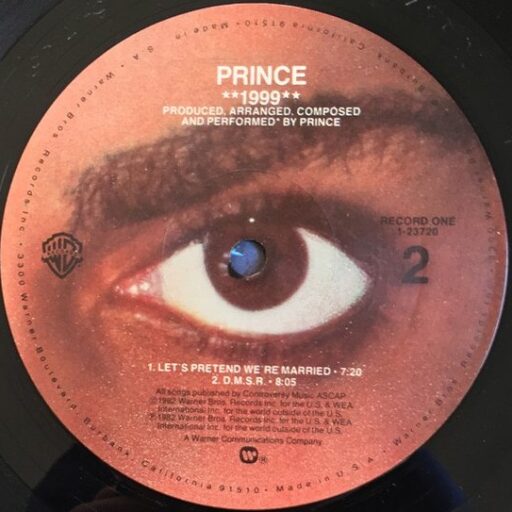Tag: 1972
-
André Cymone, Godfather of the Minneapolis Sound: A Retrospective from an Alternate Timeline
It wouldn’t be fair to give a single artist credit for “inventing” the Minneapolis Sound; but the fact remains that when most music fans think of Minneapolis, one man in particular comes to mind. I’m talking, of course, about André Cymone.
-
Home Recordings, 1976
The Anderson home provided a fruitful place for Prince to further his musical aspirations.
